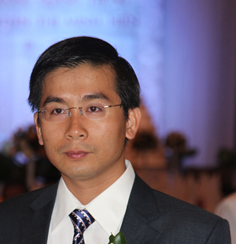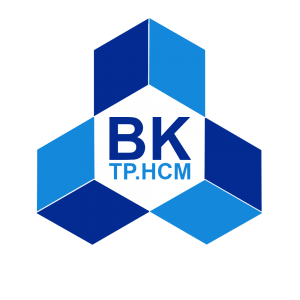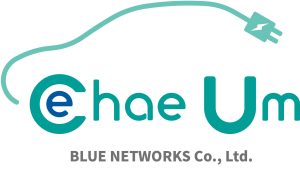Keynote Speech 3
Keynote title:
6G Integrated Space and Terrestrial Networks (ISTNs)
Abstract
Future wireless networks beyond the fifth generation (5G) have been envisioned to increase many folds, in terms of key performance metrics such as latency, data rate, reliability, mobility, and user’s quality of experience. However, one of the biggest difference between the sixth generation (6G) and its predecessor is the ability to support high speed connectivity of mobile services for global coverage, especially focusing on under-connected areas (e.g., forests, oceans, deserts, and mountains). Integrated space-terrestrial networks (ISTNs) provide the best solution to unravel the unconnected issues of isolated areas not only on the ground but also in the air and on the sea. Despite this premise, the research in ISTNs is still in its infancy with many open problems, associated with long delay communications, large coverage for massive number of devices, and highly demanding real-time services. To alleviate these problems, this talk introduces optimal multi-beam design empowered by machine learning techniques for 6G ISTNs, with respect to the real-time constraints of mission-critical services. Potential research directions incorporating digital twin and quantum-inspired optimization are presented to further support optimal multibeam design in 6G ISTNs.
 |
Biography Prof. Duong Q. Trung (IEEE Fellow) is a Chair Professor of Telecommunications at Queen’s University Belfast, U.K., and a Research Chair of the Royal Academy of Engineering, U.K. His current research interests include optimization, signal processing, and machine learning in wireless communications. He has published over 400 books/book chapters/journal articles/conference papers with 14,000+ citations and h-index 64. He has served as an Editor for IEEE Transactions on Wireless Communications, IEEE Transactions on Communications, IEEE Transactions on Vehicular Technology, IEEE Communications Letters, and IEEE Wireless Communications Letters. He received the Best Paper Award at the IEEE VTC-Spring in 2013, IEEE ICC in 2014, IEEE GLOBECOM in 2016, IEEE DSP in 2017, and IEEE GLOBECOM 2019. He received the Royal Academy of Engineering Research Fellowship (2015-2020) and the prestigious Newton Prize 2017. He is a Fellow of IEEE. |











